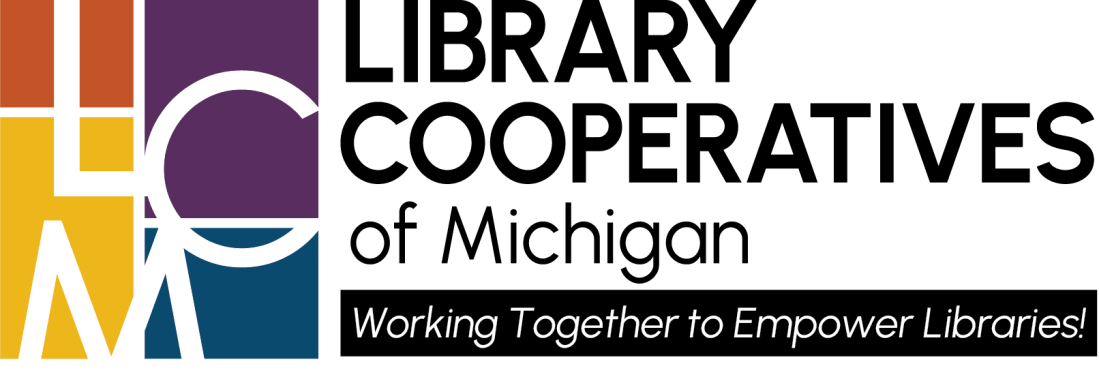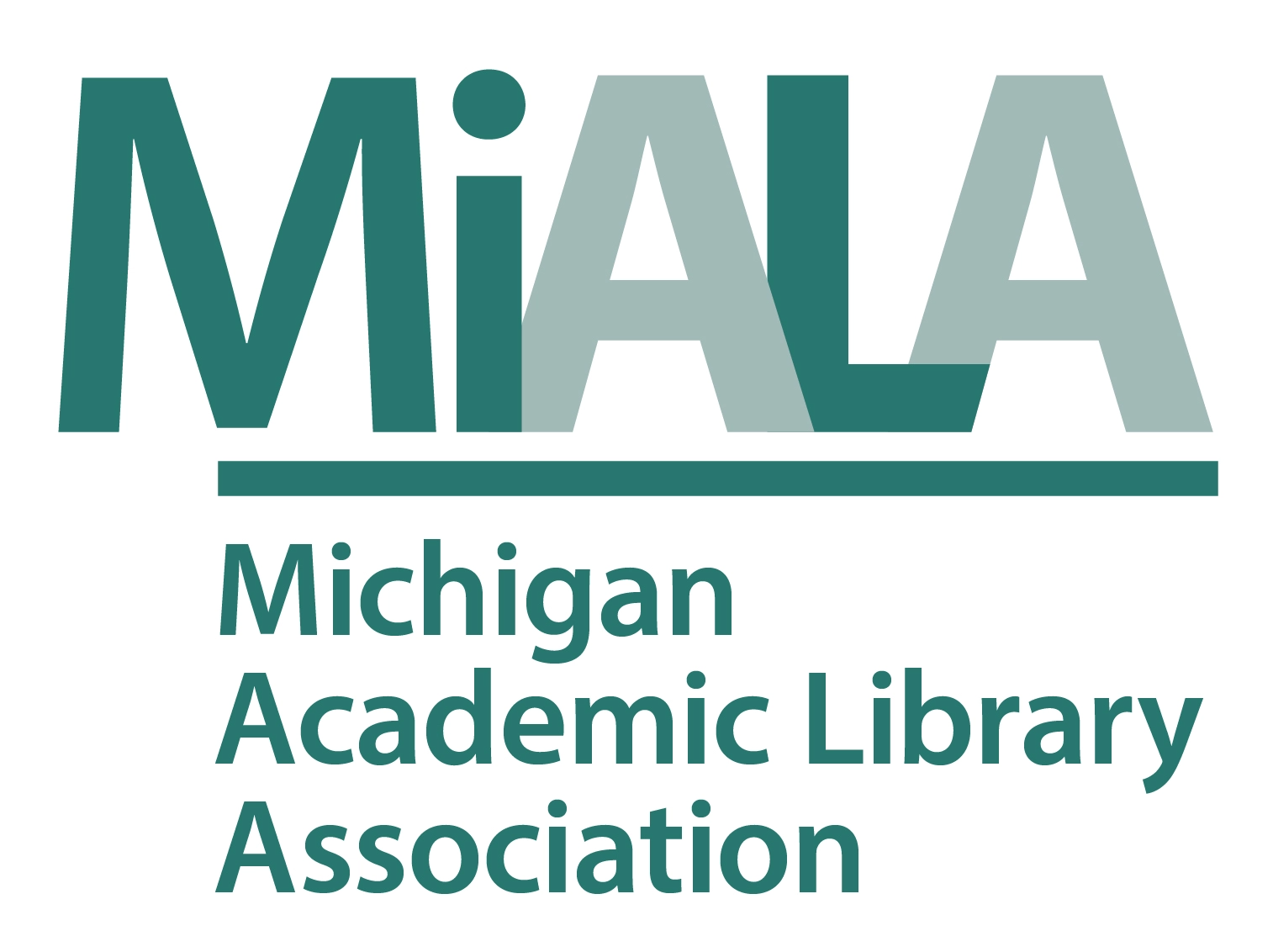- About
- Membership
- Education & Events
- Event Calendar
- Annual Conference
- Spring Institute for Youth Services
- Think Space
- Surviving and Thriving as a Public Library Director
- Leadership Academy
- Michigan Library Advocacy Day
- Advocacy Hour
- MLA Connect
- MLA Connect On Demand
- Call for Proposals
- Vendor and Sponsor Opportunities
- Future Event Dates and Locations
- Programs & Services
- Advocacy
- News
- Job Board
 |
 |
 |
|
Continuing the extraordinary and unprecedented work of the Intellectual Freedom Task Force to collect public opinion, institute a public relations campaign, and create MI Right to Read, we are excited to outline and deliver the “Michigan Freedom to Read Act”. But first, let’s start with some facts as we know them… Groups and organizations that favor banning books in Michigan public libraries are clearly going against an overwhelming majority of public opinion that opposes book banning. In March 2023, the Michigan Library Association contracted with EPIC-MRA, who collected over 800 opinions on this very topic from voters in Michigan. The results of this public opinion poll validated MLA’s position to protect Michiganders’ First Amendment rights and the right to read. What specifically did we find? Overwhelmingly book banning and censorship issues are not tolerated by the majority of voters in Michigan. A 77% solid majority of all respondents said that “local public libraries should have a diverse selection of books and reading materials that represents the community and the world around them.” An 87% plurality of all respondents agreed that “there is absolutely no time or rare times when a book should be banned from local public libraries.” A 90% majority of all voters said that “books with descriptions and depictions of slavery” should never be banned, 89% of all respondents said that “discussions about race” should never be banned, 87% of all respondents said that “political ideas you disagree with” should never be banned, and 67% of all respondents said that “books with discussions about sex, gender identity or sexual orientation” should never be banned. And perhaps, most important to the topic at hand: An 83% majority of respondents (67% strongly) would “support state legislation that would protect the right of the public to read what they wish to read in local public libraries and not have books banned.” Acknowledging that fact, MLA began the proactive process to research and digest all “positive” legislation being proposed across the country to thwart book banning and censorship and to find a Michigan solution. We tried to find a solution for all library types (public, school and academic) in one fell swoop. With each library type working under different administrative structures, we didn’t succeed in finding the right solution for all but re-committed to finding separate solutions for all in the coming months. We looked at incorporating library employee protections – we found that Michigan employment laws were already protecting us. What we needed was more education on these protections rather than more legislation. We looked at the Illinois legislation and while good for Illinois (and maybe a few other states), we didn’t feel that penalizing libraries, and having funding withheld from grants and state aid was best for Michigan. In conversation after conversation it became apparent that the best course of action to draft legislation would be to incorporate both the principals of the First Amendment and the rights afforded and upheld in civil rights protections. If we could incorporate both principals into standard library policy, we would be able to 1) protect citizen’s rights to receive and express diverse ideas without censorship, and 2) we could put to rest baseless challenges targeting authors or the subject matter, content, or viewpoint of material based on protected class. We also based our draft on the concept that every public library must have transparent and fair policies and procedures available for challenging library materials. In upholding the values of the library profession to be democratic and unbiased, we continue to believe strongly in the due process rights of individuals. Utilizing the standard “Request for Reconsideration” process used by most public libraries, the proposed bill has incorporated a number of simple, yet distinct ideas: 1.) The proposed bill states explicitly that the public library director shall have final responsibility on the selection of materials for inclusion or withdrawal in a public library’s collection. It also states that a library must have a policy in effect that complies with the act setting forth standards for selection of materials, standards for withdrawal of materials, a process for reconsideration, and other conditions, such as: A) the reason or reasons for requesting reconsideration of the public library’s material. (Any reasons that are not in compliance with this act cannot be considered.)
B) that the requester has read the entire material before filling
C) that a request may only be made by a resident of the library’s legal service area or contracted service area
D) that a new request for reconsideration of the same material may not be submitted to the same public library for 365 days after the public library’s determination
2) The reason or basis for a request for reconsideration cannot be made based on religion, race, color, national origin, age, sex, sexual orientation, gender identity or expression, height, weight, familial status, or marital status of the author or that the subject matter, content or viewpoint of the material involves religion, race, color, national origin, age, sex, sexual orientation, gender identity or expression, height, weight, familial status, or marital status. The public library director has discretion to determine if the reasons stated comply with this subsection. 3) A public library may not grant a request for reconsideration based on the subject matter, content, or viewpoint of material, unless the material has been adjudicated to be obscene or otherwise unprotected by the First Amendment of the United States Constitution or by Article 1, Section 5 of Const 1963, as determined by a court of competent jurisdiction over the community in which the library serves. 4) The Michigan Attorney General may, on behalf of the Library of Michigan, compel the public library to adopt a policy and the attorney general, a resident of the public library’s legal service area or public library’s contracted service area may commence a civil action including a temporary or permanent injunction to prevent the public library from unlawful removal of material or to compel the public library to return material to the collection that are removed in violation of this act. Simple, direct legislation that attaches itself to a policy most libraries already have. It may not stop every challenge, but we hope it will stop the majority of those that target the books and materials so often at the top of the “most banned books” list. The concepts of the proposed legislation, drafted by Anne Seurnyck and Mike Blum, Attorneys at Foster, Swift, Collins and Smith, is on the desks of two Michigan House Members - Rep. Veronica Paiz (D-11) and Rep. Carol Glanville (D-84). They are committed to working with the draft to introduce sometime in the next few weeks. When the final draft is done, we will share it immediately with MLA members as it may change based on input from the Legislative Service Bureau. This work couldn’t have happened without the wisdom and knowledge of many individuals coming to the table and determining the best course of action for our Michigan libraries including Dillon Geshel, MLA President; Jenny Marr, Advocacy and Legislative Committee Chair; Larry Neal, Advocacy and Legislative Committee Vice-Chair; Juliane Morian, Intellectual Freedom Task Force Chair; Bob DeVries, MLA Lobbyist; Randy Riley and Clare Membiela, Library of Michigan; Loren Khogali, ACLU of Michigan; and Amy Churchill, Lapeer District Library. Others have vetted the draft as well and we are indebted to them for their eye for detail, questions and unfettered opinions. Their wisdom, expertise and sincerity of purpose are to be applauded and praised. Their voices are in my ear every day, they are at the other end of the line (or email) when I need them. They take whatever time is needed to research and share their professional opinions – which are then molded and shaped into the actions of MLA. My philosophy has always been that good ideas get tempered and improved - while flawed ideas get challenged and rejected. This will be how we take action and put to rest the challenges that are in front of us. We must not remain silent; we must protect the right to read for all Michiganders; we must defend books and writers; we must support diverse literature; we must safeguard the freedom to express our opinions and to access the opinions, ideas and stories of others; and finally, we must push back and use our voices against extremist rhetoric of intolerance, exclusion and censorship. This legislation will help make that happen. These are really tough moments for some of us right now, but there is a community of support behind you and super smart individuals that are helping shape the conversation (and the legislation) that affects us all. We hope to see you at MLA’s next Advocacy Hour on Thursday, November 16 with our house members, as well as Bob DeVries, Dillon Geshel, Jenny Marr, and Juliane Morian to share the draft of the bill and for anyone interested in asking further questions. Register here. There will be much work ahead to get this passed and we will need everyone to step up and contact your legislators once the Michigan Freedom to Read Act has been introduced. As always, standing strong to Protect the Right to Read.
Deborah E. Mikula |









